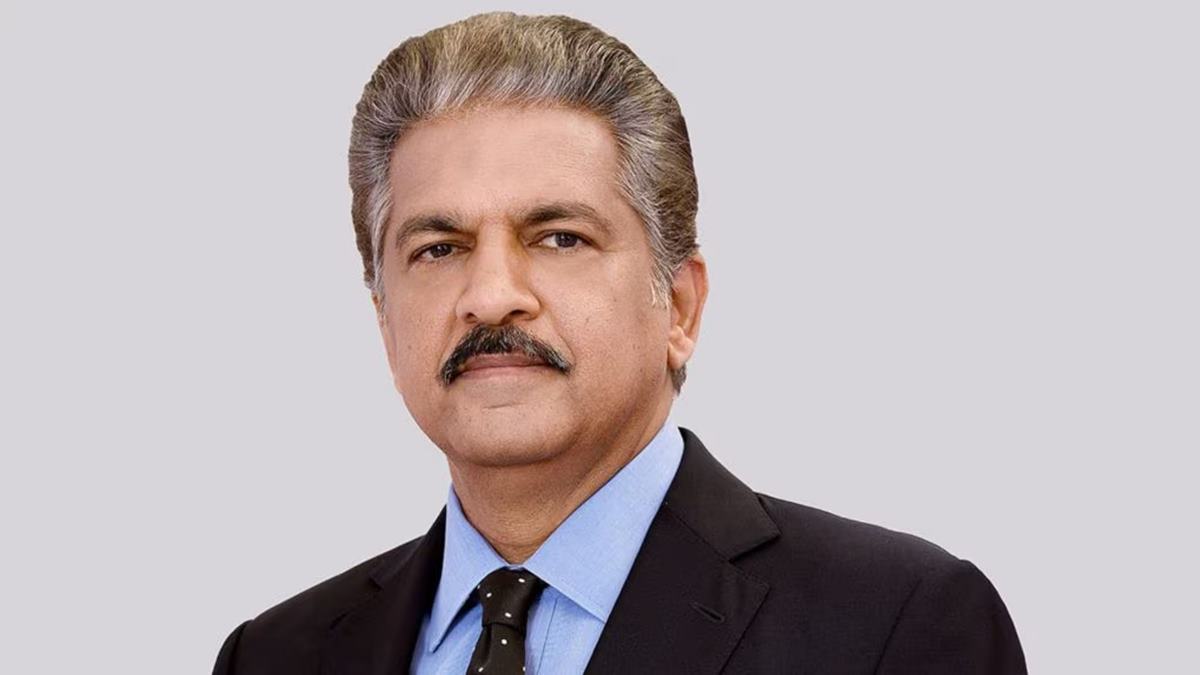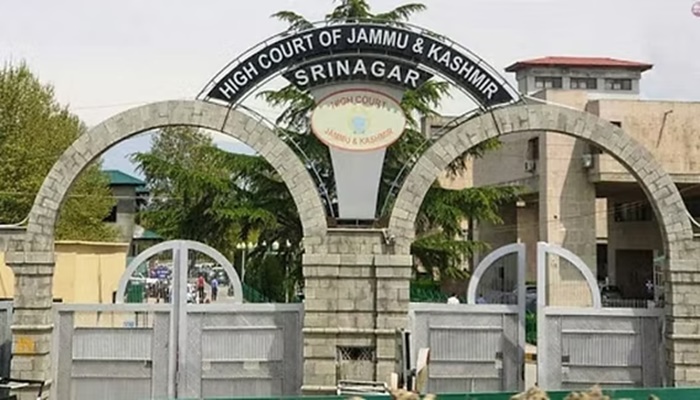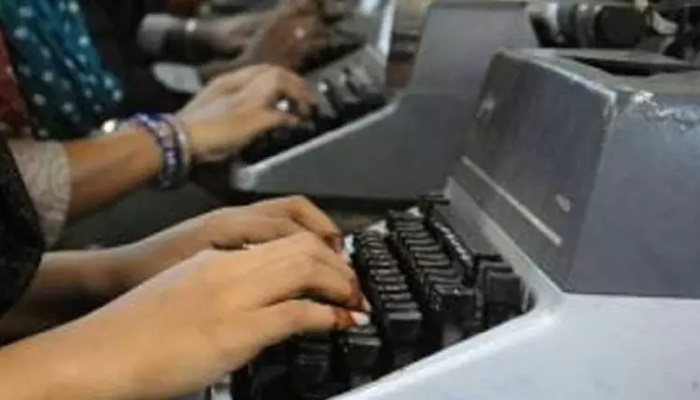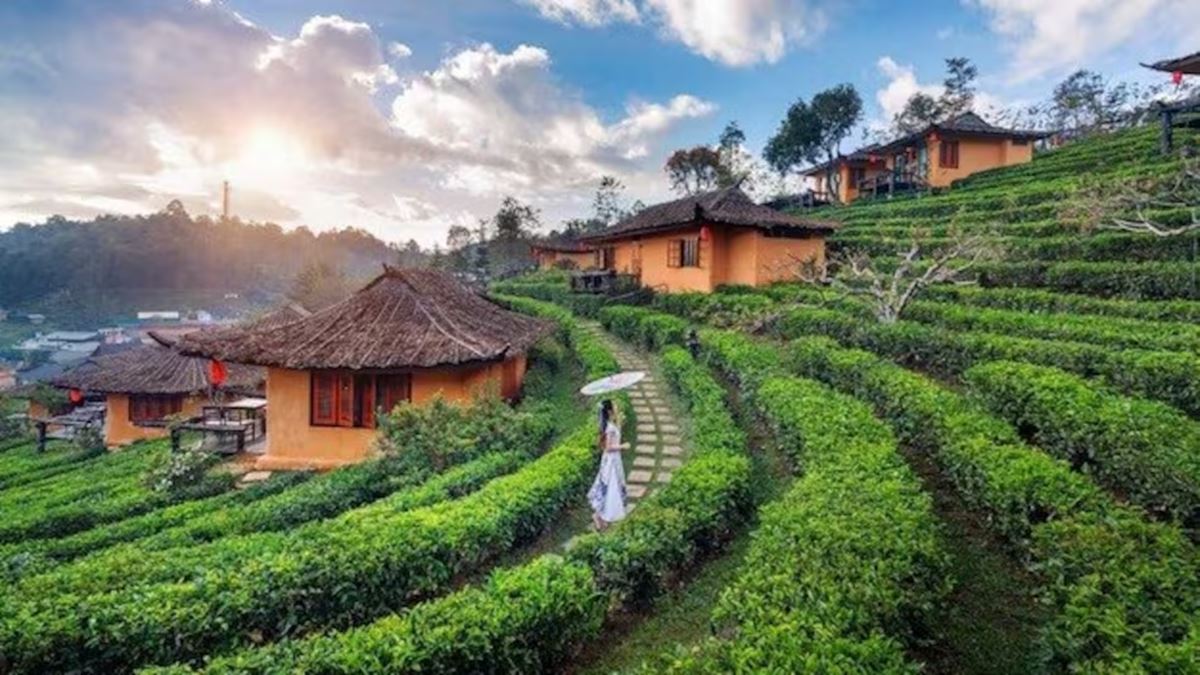Suman Billa, Additional Secretary and Director General at the Ministry of Tourism, has argued that India must present itself with world-class standards to fully unlock the potential of its tourism industry and counter challenges such as the recent U.S. tariffs on Indian exports.
In an article published on Tuesday, Billa stressed the need for India to diversify its growth base, with tourism emerging as a powerful economic engine capable of generating employment, foreign exchange, and economic resilience.
“The recent decision by the U.S. to impose higher tariffs on select Indian exports is a reminder of the vulnerabilities that accompany overdependence on any single set of global trade relationships,” Billa noted in The Indian Express. Highlighting India’s ongoing efforts to expand its economic reach, he pointed out the immense potential tourism holds in driving India’s growth.
Tourism currently contributes just 5% to India’s GDP, far below the global average of 10%. According to Billa, countries like Spain and the UAE, where tourism makes up a larger portion of their GDP, showcase the sector’s vast economic potential when treated as a national growth priority. In 2024, India’s tourism sector generated $28 billion in foreign exchange, yet Billa believes this is only a fraction of the industry’s full potential.
“If we can raise tourism’s GDP contribution from 5% to 10% over the next decade, the results would be transformative – an additional $516 billion to the economy each year, 40 million new jobs, and foreign exchange earnings rising to $130-140 billion,” Billa stated.
Achieving this, however, would require addressing capacity constraints, particularly in the hospitality sector. India currently has a deficit in both branded and unbranded hotel rooms, and estimates suggest the country needs to triple its current capacity to meet growing demand.
The secretary laid out a strategic pathway to boost tourism, including initiatives such as the development of 50 destinations in partnership with states, simplified e-visas, improved immigration processes, and enhanced connectivity through expanded airline fleets. He also stressed the importance of content-driven promotion and influencer engagement to elevate India’s image abroad.
In addition to foreign tourism, he stressed the significance of domestic tourism, which accounts for 86% of the sector’s revenue. He highlighted that the “Dekho Apna Desh” campaign could evolve into a national movement, boosting interstate travel and fostering cultural exchange.
Billa said the rise of wellness tourism, spiritual journeys, medical value travel, and immersive cultural experiences aligns perfectly with India’s rich heritage. “We do not need to reinvent ourselves; we simply need to present the India that already exists more effectively, more consistently, and with world-class standards,” he wrote.
Earlier this month, Amitabh Kant, the former CEO of NITI Aayog, argued that tourism is the only sector that can effectively counter the economic impact of the 50% tariffs imposed by the Trump administration on Indian goods. Kant suggested that the growth of India’s tourism sector could more than offset the negative effects of the tariff increase.
“There is no other sector to beat Trumpian tariffs than travel and tourism. So, if India wants to compensate for the 50% tariff, make your tourism grow. It’ll more than compensate for the Trumpian tariff,” Kant remarked. He further pointed out that tourism could create up to 63 million jobs, citing figures from the World Travel and Tourism Council.
Kant’s optimism mirrors Billa’s call for action, both stressing that tourism offers a long-term, sustainable growth opportunity for India. The sector, they argue, holds the potential to generate both economic and social benefits, driving growth while also creating jobs across urban and rural areas.




















